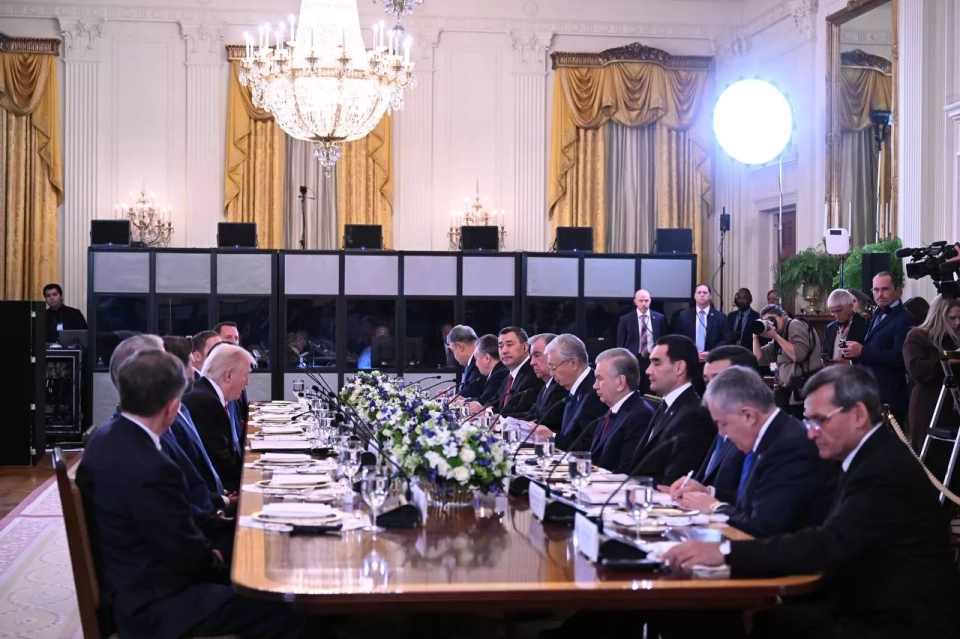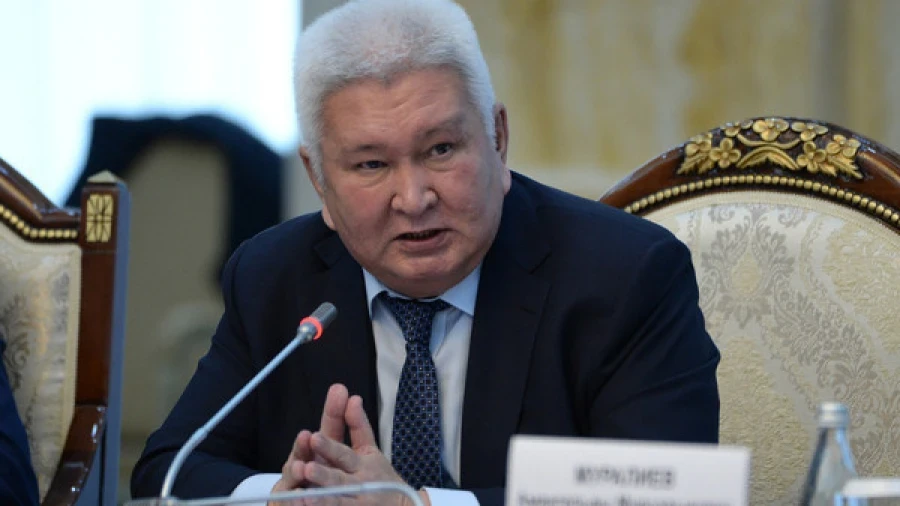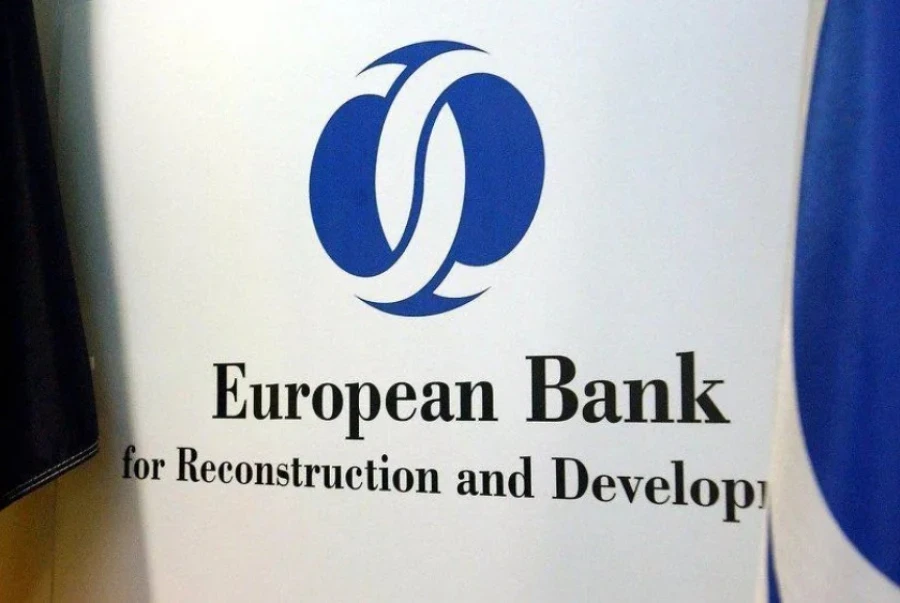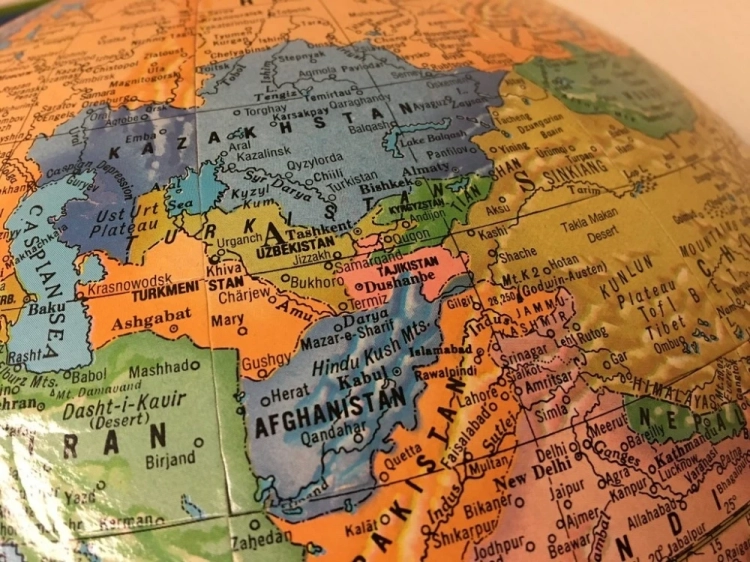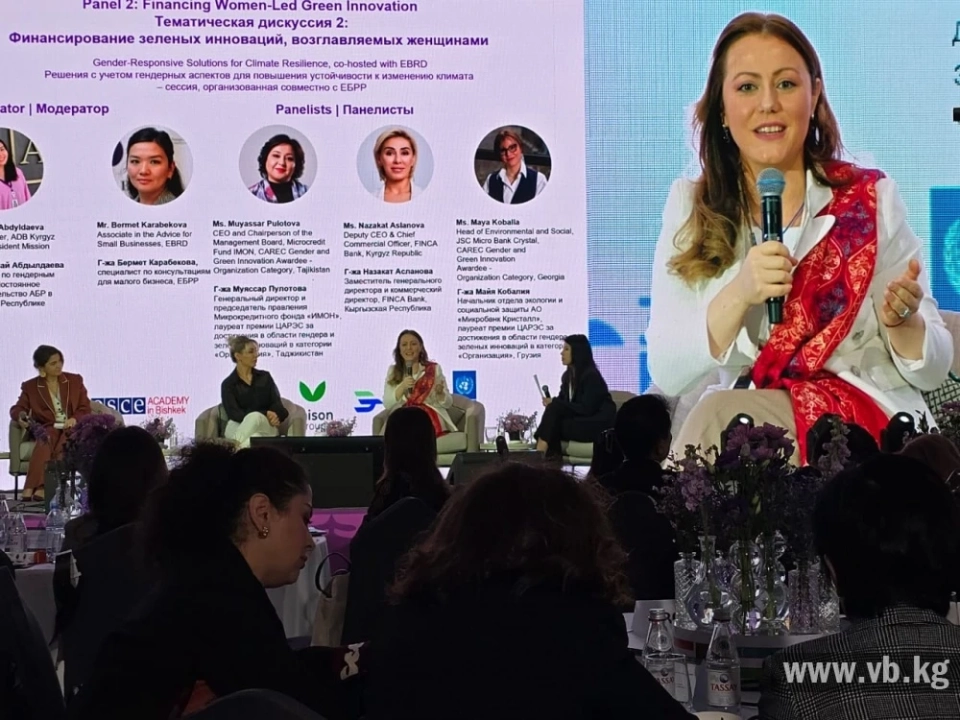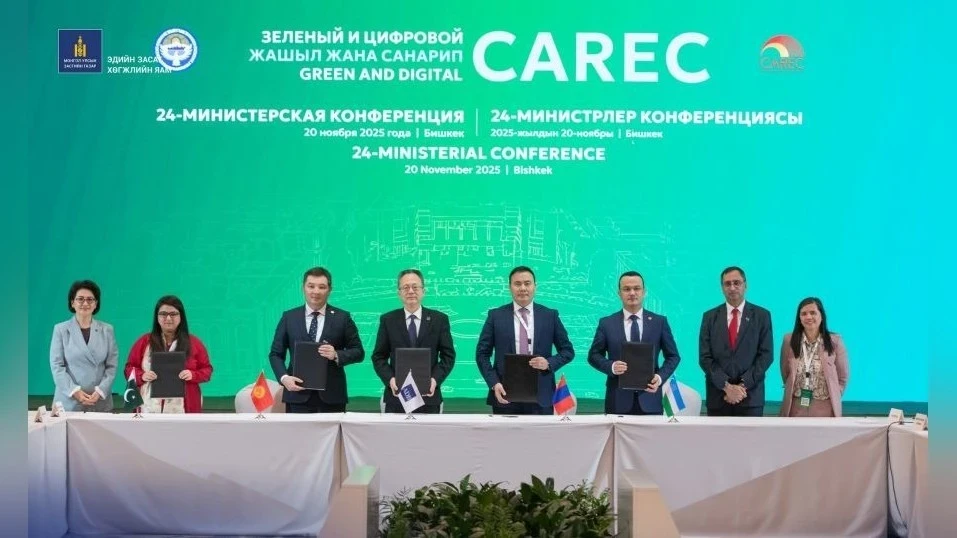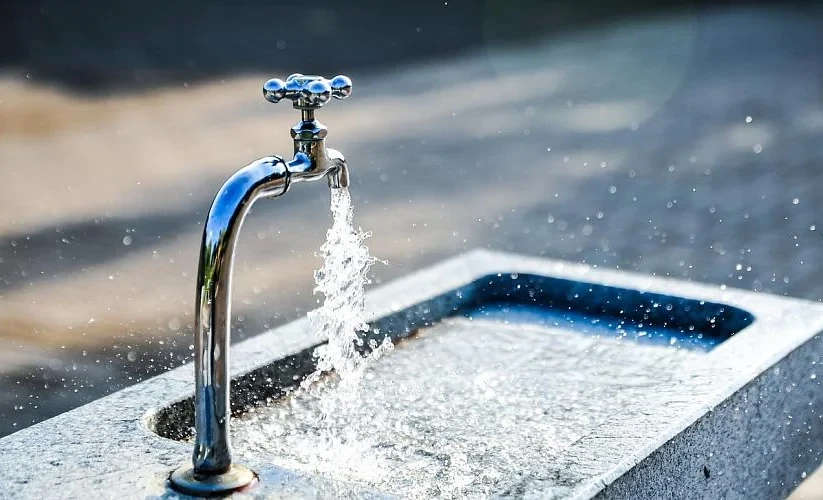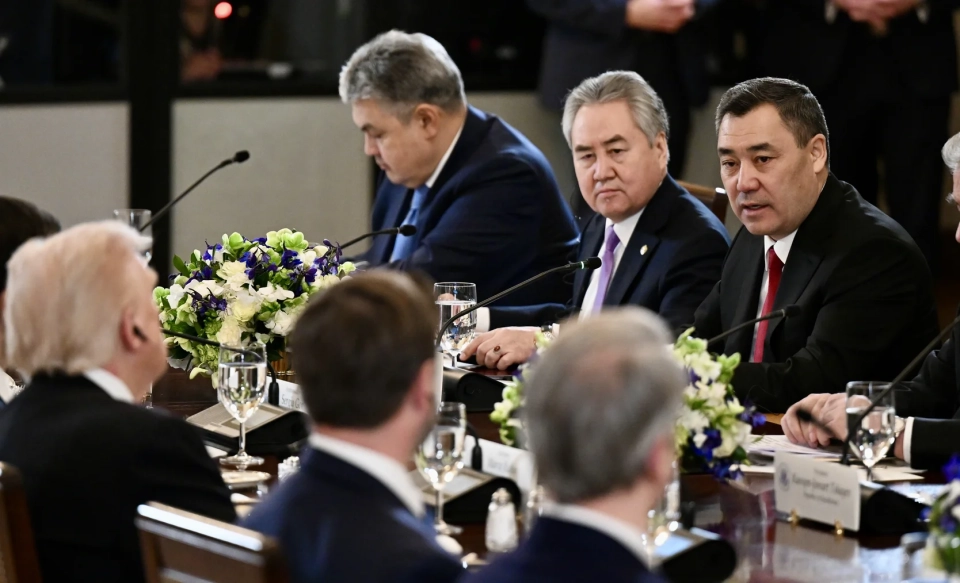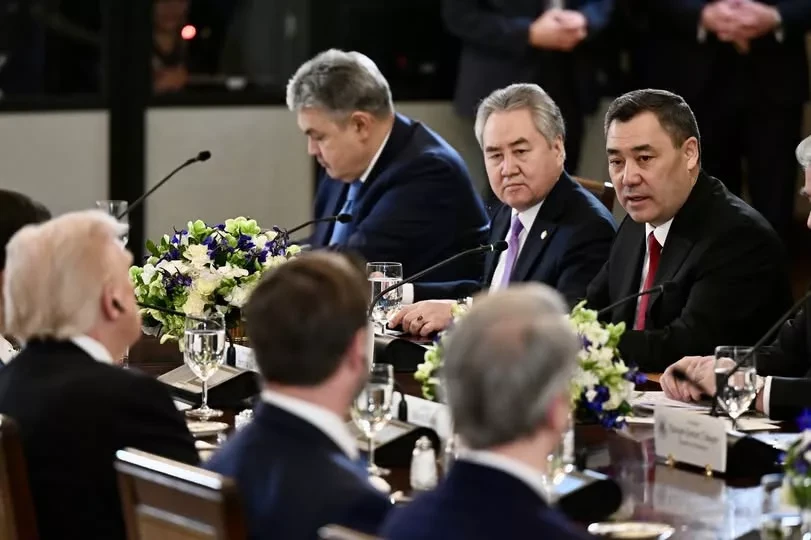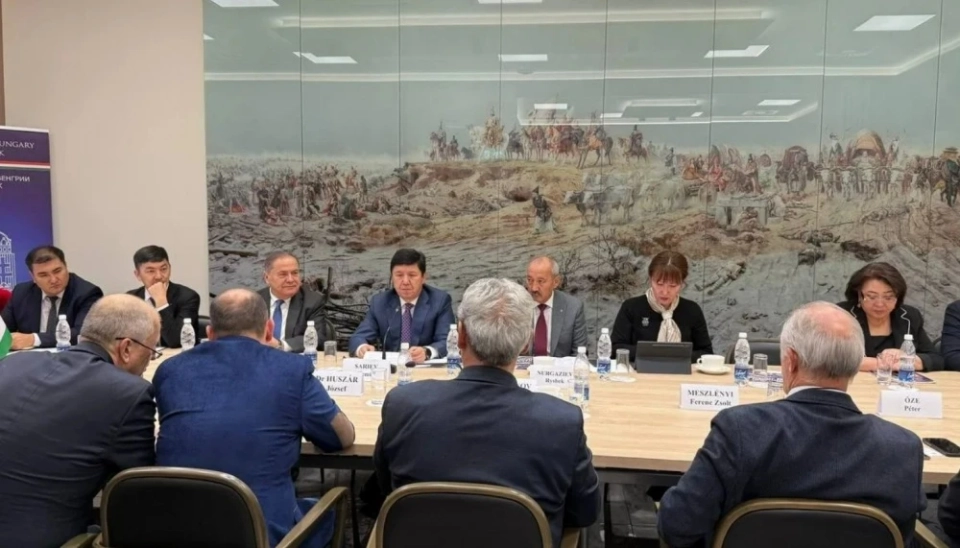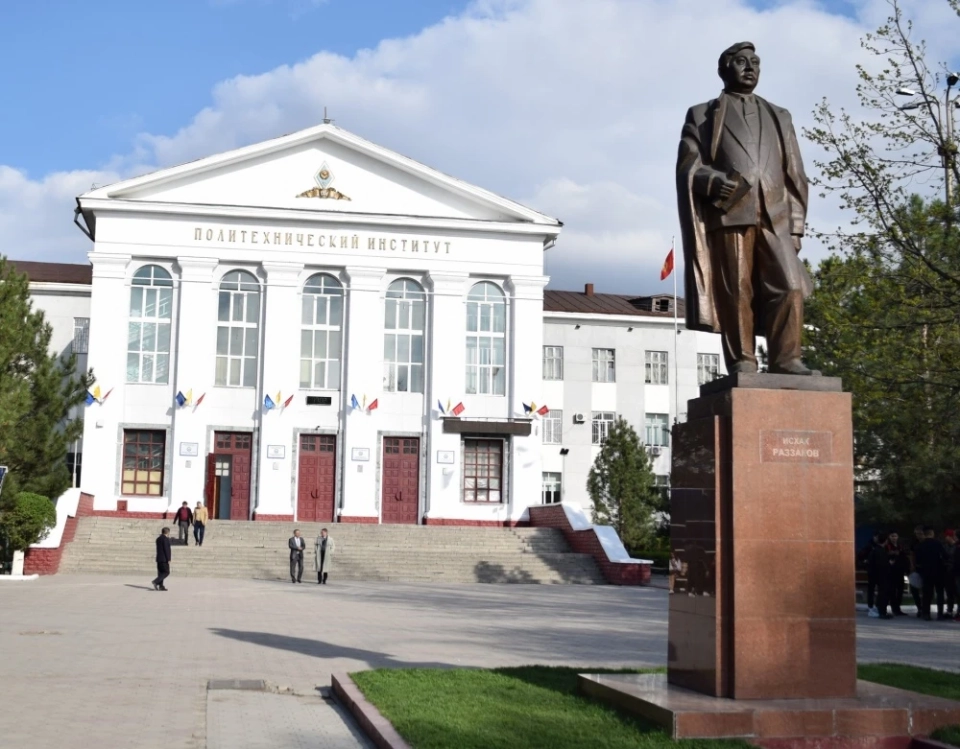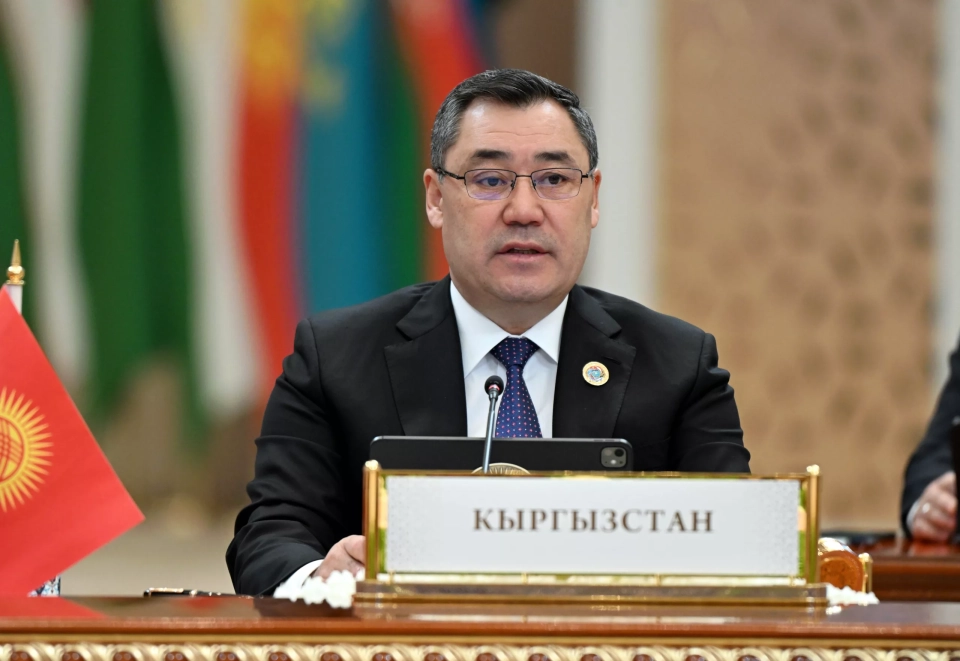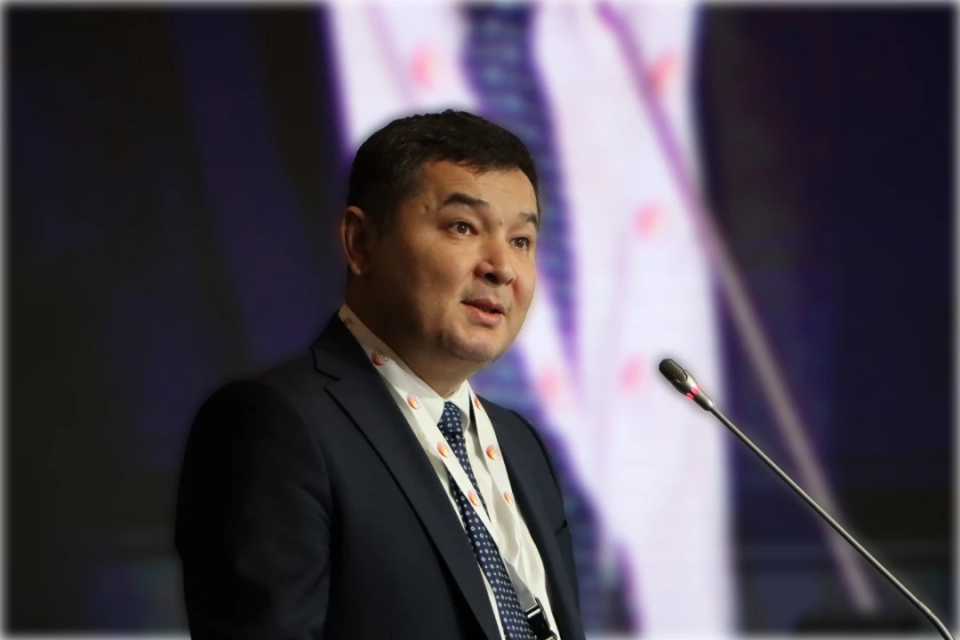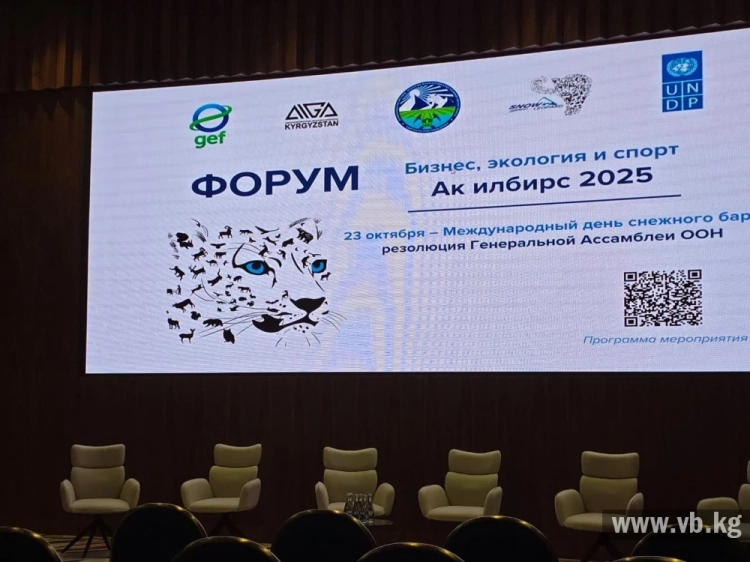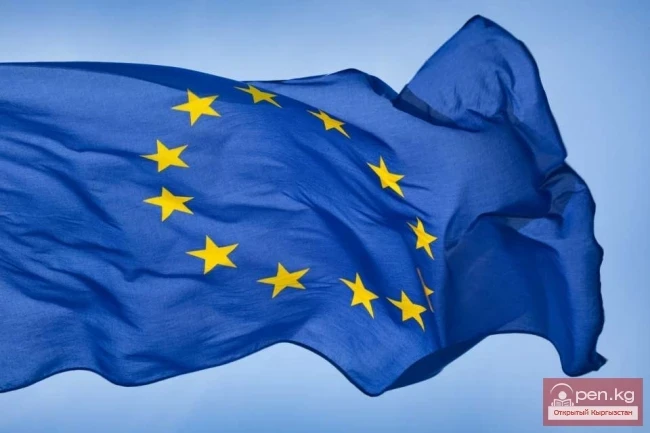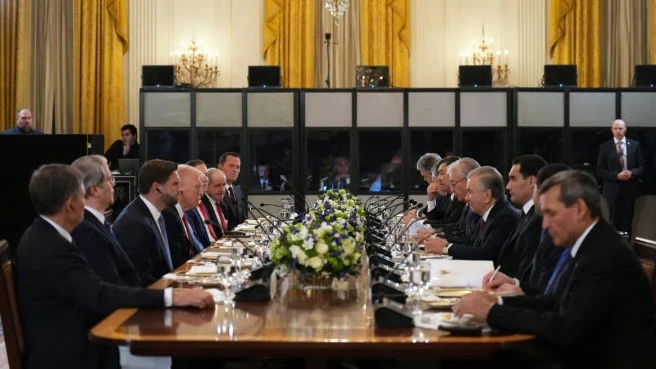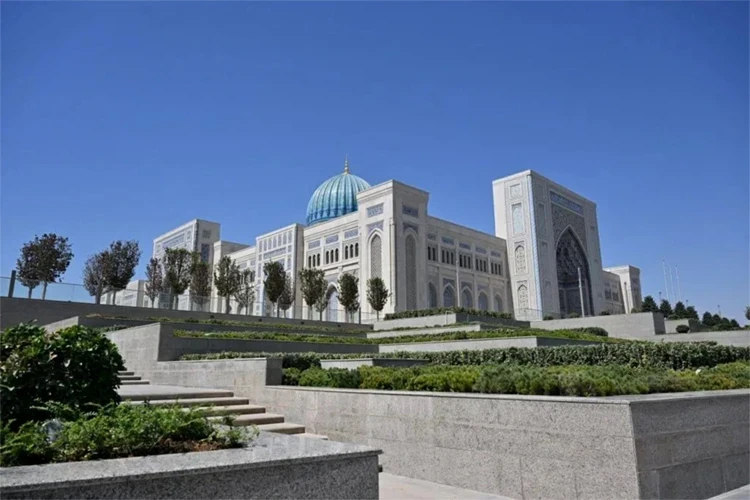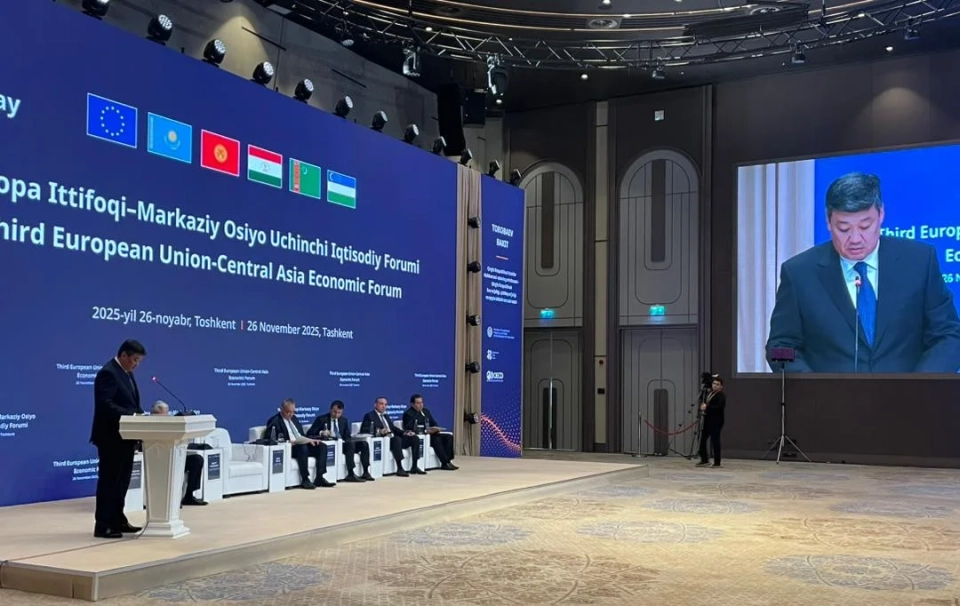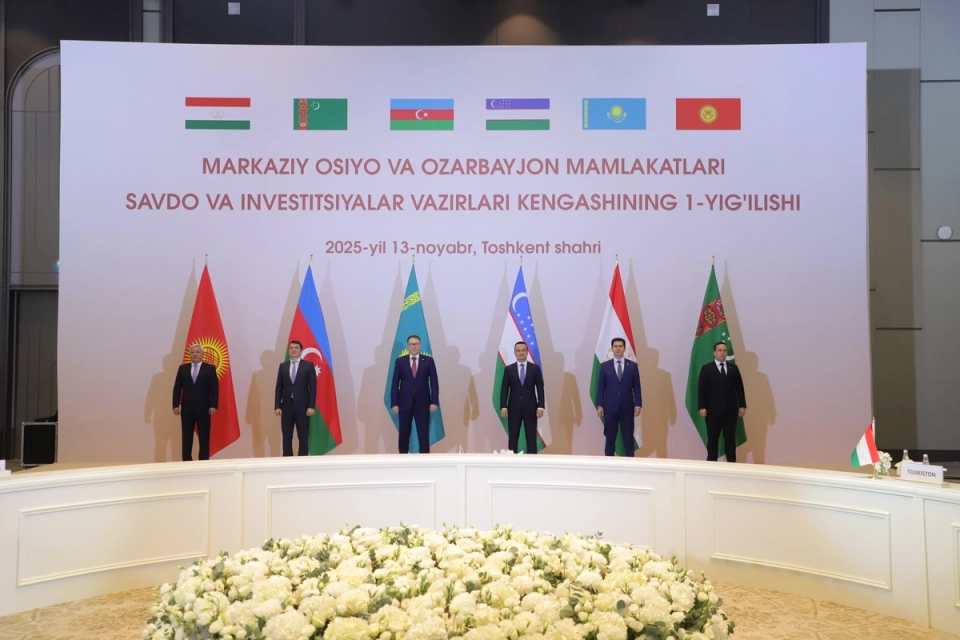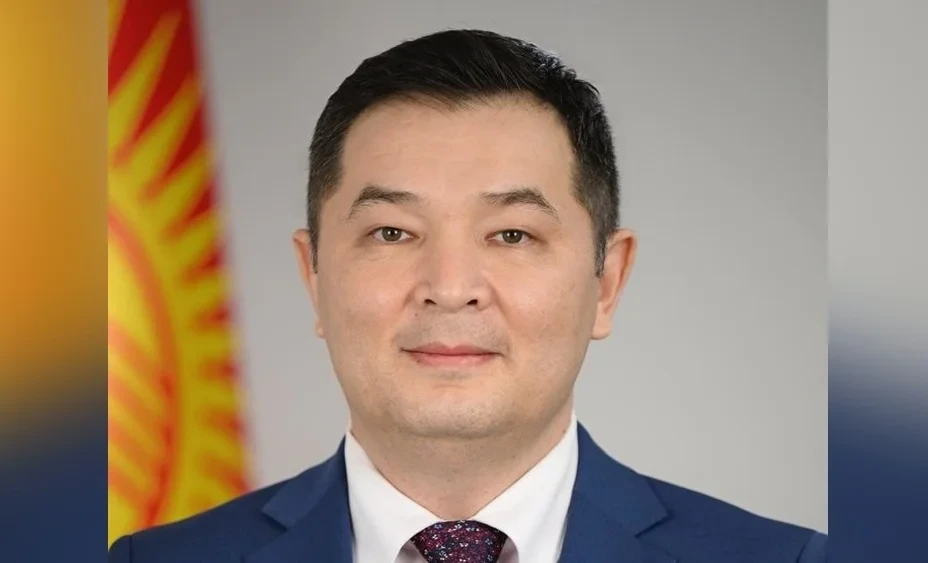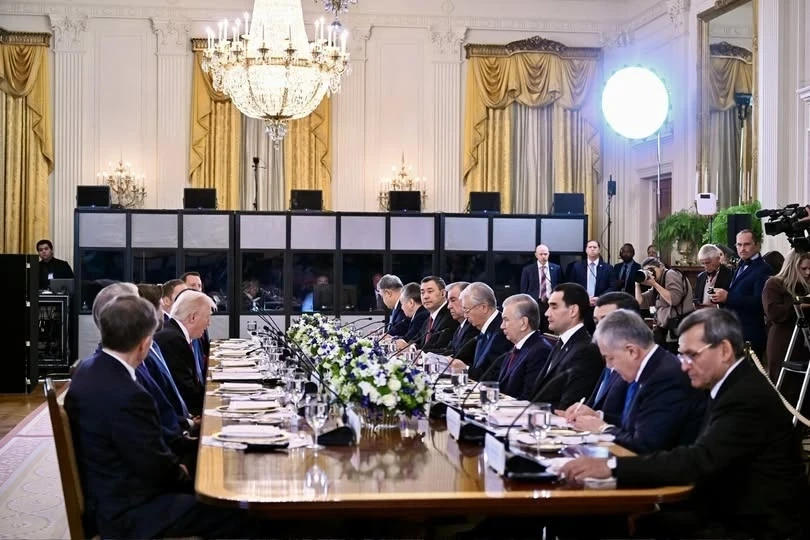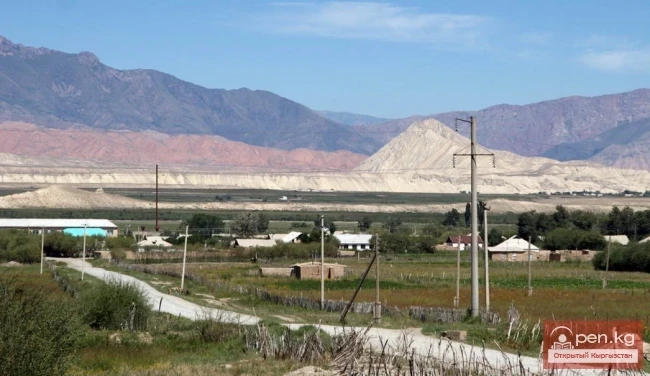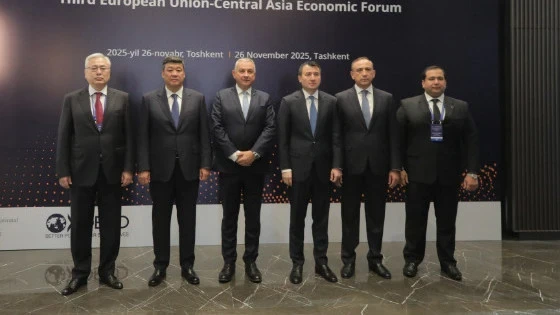
The economic forum "EU - Central Asia" was held in Tashkent, which became an important platform for deepening economic interaction and attracting strategic investments between the countries of the region and the European Union.
During the forum, issues of expanding trade and transport links, improving the business climate, supporting sustainable growth, and developing value-added chains in key sectors of the economy were discussed.
Particular attention was paid to the implementation of the EU Global Gateway strategy, which is moving from declarations to concrete projects. The forum confirmed the growing consensus on key priorities between the EU and Central Asia, including critically important raw materials, digital transformation, energy, logistics, and public governance.
New EU investments and projects
EU Commissioner for International Partnerships Jozef Síkela presented a number of new initiatives aimed at creating sustainable supply chains for critical raw materials and improving the investment climate in the region.
Key agreements:
• DATA4CRM — a program for modernizing geodata (€7.5 million), which will improve access to geological information for investors.
• SECURE CRM — an EU project in cooperation with UNODC/UNECE (€3 million), aimed at strengthening the transparency of supply chains for critical raw materials.
• GROW CRM — a partnership with EBRD (€3 million) to develop new projects and improve the regulatory framework.
• The program for restoring the Aral Sea ecosystem — the EU's contribution will be €8.8 million, with an additional €20 million provided by the EIB and AFD.
• BOMCA and CADAP programs for developing border management and combating drug trafficking: BOMCA — €12 million, expanded CADAP — €18 million.
Kazakhstan as a key participant in the forum
This event was particularly significant for Kazakhstan. On November 27, a separate Investment Forum dedicated to the Trans-Caspian International Transport Route (TMTM) will take place in Tashkent, for which the EU has allocated €10 billion. Kazakhstan, being a key link in this corridor, expects to modernize ports and railway infrastructure, which will increase transit revenues and strengthen its status as a transport hub in the region.
The European Union remains the main investor in Kazakhstan's economy, having invested over $200 billion in the last two decades and $7.9 billion in 2024 alone. Trade between Kazakhstan and the EU reached $48.8 billion in 2024, with 80% of the region's trade with the EU passing through Astana.
Cooperation in critical materials has also gained significant importance. The EU sees Kazakhstan as a key partner for ensuring stable supplies of uranium, titanium, and ferroalloys. New initiatives, including EBRD projects, create conditions for transitioning from raw material exports to the production of high-quality value-added products.
Digitalization, education, and ecology
Kazakhstan and the EU are also developing cooperation in digital trade, education, green energy, and hydrogen technologies. Kazakhstan is actively participating in Global Gateway initiatives to create a modern, environmentally friendly, and safe infrastructure environment.
Prospects for the region
The agreements reached in Tashkent represent a significant step towards strengthening the partnership between the EU and Central Asia. New investments, infrastructure projects, and reforms lay the groundwork for long-term stability and expanding economic opportunities for both Kazakhstan and the entire region.
